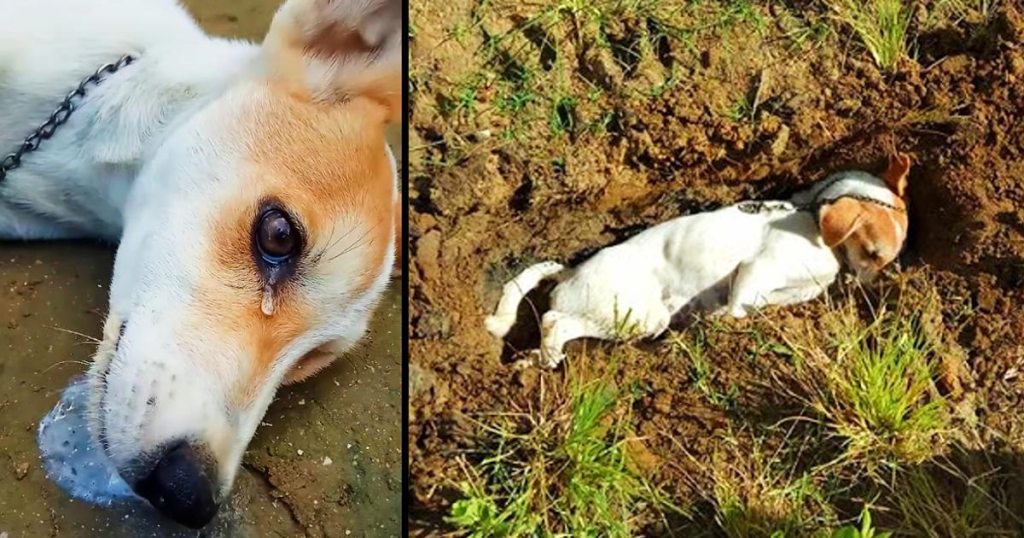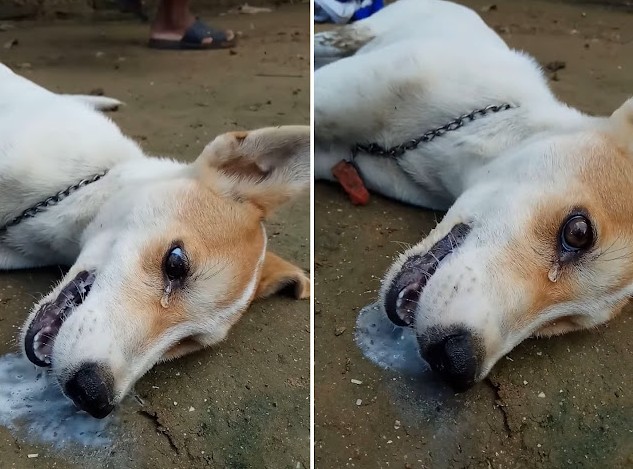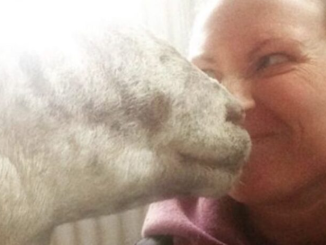Results indicated that not only can dogs detect Covid faster, but they can also do so in a non-intrusive manner – so no need to swab your throat or nose

Dogs can detect Covid-19 faster and more accurately than a PCR test, a new study shows.
Researchers looked at the ability of canines to recognise the virus and its variants, even when they are obscured by other viruses, like those from common colds and flu.
More than 400 scientists from over 30 countries contributed to the study as well as 147 scent dogs, according to the findings published in the Journal of Osteopathic Medicine.
After analysing many studies covering both field and clinical experiments, Professor Dickey and Junqueira found that dogs who are trained to sniff out scents are “as effective and often more effective” than antigen tests.
A total of 53 dogs were trained to sniff out Covid scents, while 37 were not and scientists found that the dogs that were not trained were in some cases “slightly superior” to those that were pre-trained.
“The previously untrained dogs have the advantage that they are not as prone to indicating on scents other than the Covid–19 associated scent,” the paper said.
The results indicated that not only can dogs detect Covid faster, but they can also do so in a non-intrusive manner. This means you won’t need to put a swab in your throat or nose.
How can dogs detect the virus?
This essentially comes down to the dog’s highly evolved nose with its ability to sense out smells quicker.
Dogs possess up to 300 million olfactory receptors in their noses, compared to about six million in humans. And the part of a dog’s brain that is devoted to analysing smells is about “40 times greater” than humans. Canines also have ‘neophilia’, which means they are attracted to new and interesting odours
And so, with all these enhancements, dogs can detect very low concentrations of odours associated with Covid infections.
“They can detect the equivalent of one drop of an odorous substance in 10.5 Olympic-sized swimming pools,” Professor Dickey said. “For perspective, this is about three orders of magnitude better than with scientific instrumentation.”
Scientists also found that in some cases, the animals were also able to detect the virus in pre-symptomatic and asymptomatic patients, “whose viral load was too low for conventional tests to work.”
Professor Dickey has said that dogs can also differentiate Covid and its different variants in the presence of other respiratory viruses. This included the common cold or flu.
“They’re much more effective. In fact, one of the authors that we quote in the paper commented that the RT-PCR test is not the gold standard anymore. It’s the dog. And they’re so quick,” he added. “They can give you the yes or no within seconds if they’re directly smelling you.”

How was the study conducted to see if dogs can really detect Covid-19?
In some studies, the dogs gave a person a quick sniff, sitting down to see if the person has Covid. In another study, the dog was given a sweat sample to smell for a few minutes.
The press release has said that scent dogs, such as beagles, basset hounds and coonhounds are the ideal candidates for sniffing out the virus, given their “natural tendencies to rely on odours to relate to the world.”
But the studies which the researchers analysed showed a variety of dogs were up for the challenge and were able to sniff out the Covid odour. With a few weeks of training, puppies, older dogs, purebred and mixed breeds, both male and female were able to sniff such odours out and “all performed admirably,” the Eureka Alert press release said.
Although there has been success with dogs detecting such viruses, researchers believe there are still many challenges with using dogs for medical diagnoses.
“There’s quite a bit of research, but it’s still considered by many as a kind of a curiosity,” said Professor Dickey.
In conclusion, Professor Dickey and Junqueira said after reviewing the studies, believe that scent dogs deserve “their place as a serious diagnostic methodology that could be particularly useful during future pandemics, potentially as part of rapid routine health screenings in public spaces.”
“Perhaps, most importantly, we argue that the impressive international quality and quantity of COVID scent dog research described in our paper for the first time, demonstrates that medical scent dogs are finally ready for a host of mainstream medical applications,” they added.
Canine Courage: A Dog’s Selfless Act Protects Owners from Brutal Intruder

Undoubtedly, our furry companions display an unwavering commitment and love towards their owners. A recent incident highlights the immense loyalty of a dog who selflessly sacrificed his life to save his family. The incident took place in Merauke, Indonesia when Achy Wijaya found his beloved dog in a near-death state in their yard. He had heard the dog barking the previous night.

NtdNews reported that Achy was deeply saddened to discover that his canine was intentionally poisoned. Achy shared on his Facebook profile that his furry companion kept barking, deterring the burglars from robbing their house. However, Achy revealed that they found out about the poisoning when they left their home in the morning and discovered their loyal hound’s fate.

Based on the tragic circumstances recounted, the family reported that they were fast asleep when a group of burglars intruded into their home. Their loyal dog began barking frenziedly, but the noise was disregarded as they assumed the canine had spotted their pet cat. To their dismay, the dog’s barks suddenly ceased, and the next day, they found it lying motionless and barely breathing – having vomited and frothed at the mouth, indicating it had been poisoned. “We wanted to take our beloved pet to the vet, but we reside in Papua where the only available veterinarian mainly attends to cattle. Furthermore, it being a Sunday, the clinic was shut,” lamented Achy. The family attempted to revive their furry friend by giving it milk, oil, and coconut milk, but it was too weak and eventually passed away.

As Achy mourned the loss of his beloved dog who sacrificed himself to save his family, he decided to film the dog’s final moments as a tribute to his heroism. He also wanted to use the video as a cautionary tale for other pet owners, urging them to take heed when their dogs bark.



Leave a Reply